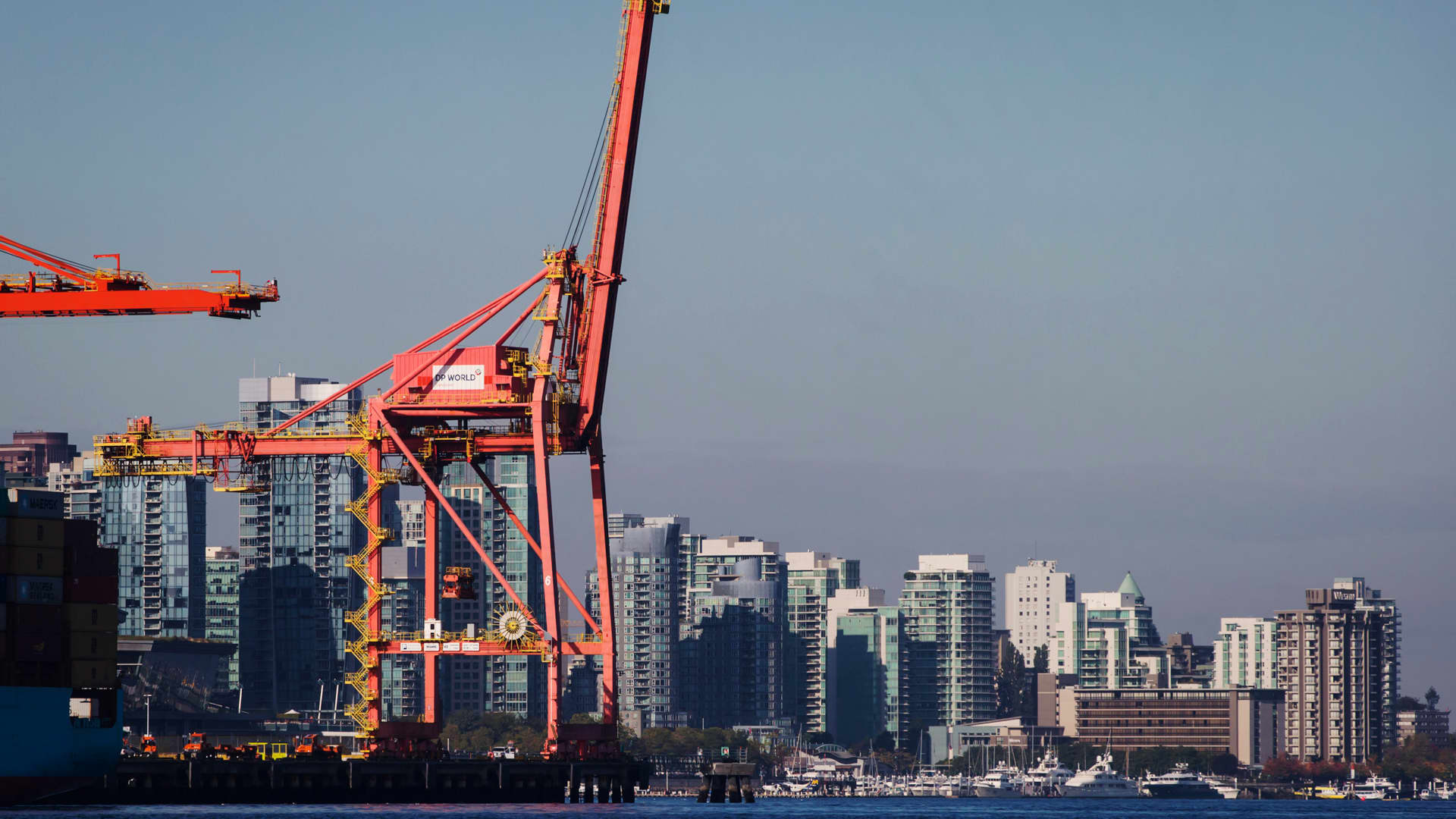A strike has officially begun among port workers in Western Canada, a move that could have far-reaching effects beyond Canada. The International Longshore & Warehouse Union Canada’s Longshore Division announced the labor strike in a Facebook post signed by union president Rob Ashton. Over 99% of union members voted in favor of the strike last month. The union remains open to negotiations with the British Columbia Maritime Employers Association, which represents port owners.
The BCMEA has stated its commitment to achieving a fair deal at the negotiating table, including through mediated arbitration if necessary. While cruises and bulk grain shipments are unaffected, containerized grain movement has been disrupted. Canadian labor minister Seamus O’Regan Jr. has expressed support for continued negotiations between the two parties.
The dispute between the union and the employers association centers around issues like automation, contract work, and living costs for workers. Mediators appointed by the Canadian government have overseen discussions, followed by a cooling-off period. The timing of the strike, overlapping with holidays in the U.S. and Canada, could have economic implications for the American economy, as the Port of Vancouver and Port of Prince Rupert are major destinations for Asian trade.
The International Longshoremen’s Association has declared that it will not accept diverted cargo from ports affected by the strike, while the International Longshore and Warehouse Union in the U.S. has shown solidarity with the Canadian union without specifying any action.
The strike has the potential to cause congestion and backlogs at the ports, leading to delays and additional costs for consumers. This situation could be further exacerbated if the strike continues into the following week. The Canadian ports handle billions of dollars’ worth of cargo each year, with a significant portion being trade with the U.S.
Three major railways operate at these ports: CN, Canadian Pacific, and BNSF. BNSF has not commented on the strike’s impact, while CN has not been reached for comment. Various industries, including home goods, electronics, and apparel, rely on these ports for transportation by rail.
Steve Lamar, CEO of the American Apparel and Footwear Association, has expressed concern about the impact of the strike on fragile and recovering supply chains. He urges the Canadian government to intervene and assist in keeping negotiations ongoing.
Denial of responsibility! VigourTimes is an automatic aggregator of Global media. In each content, the hyperlink to the primary source is specified. All trademarks belong to their rightful owners, and all materials to their authors. For any complaint, please reach us at – [email protected]. We will take necessary action within 24 hours.


